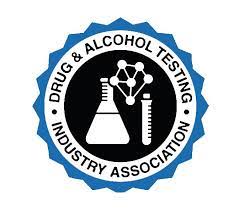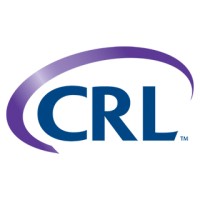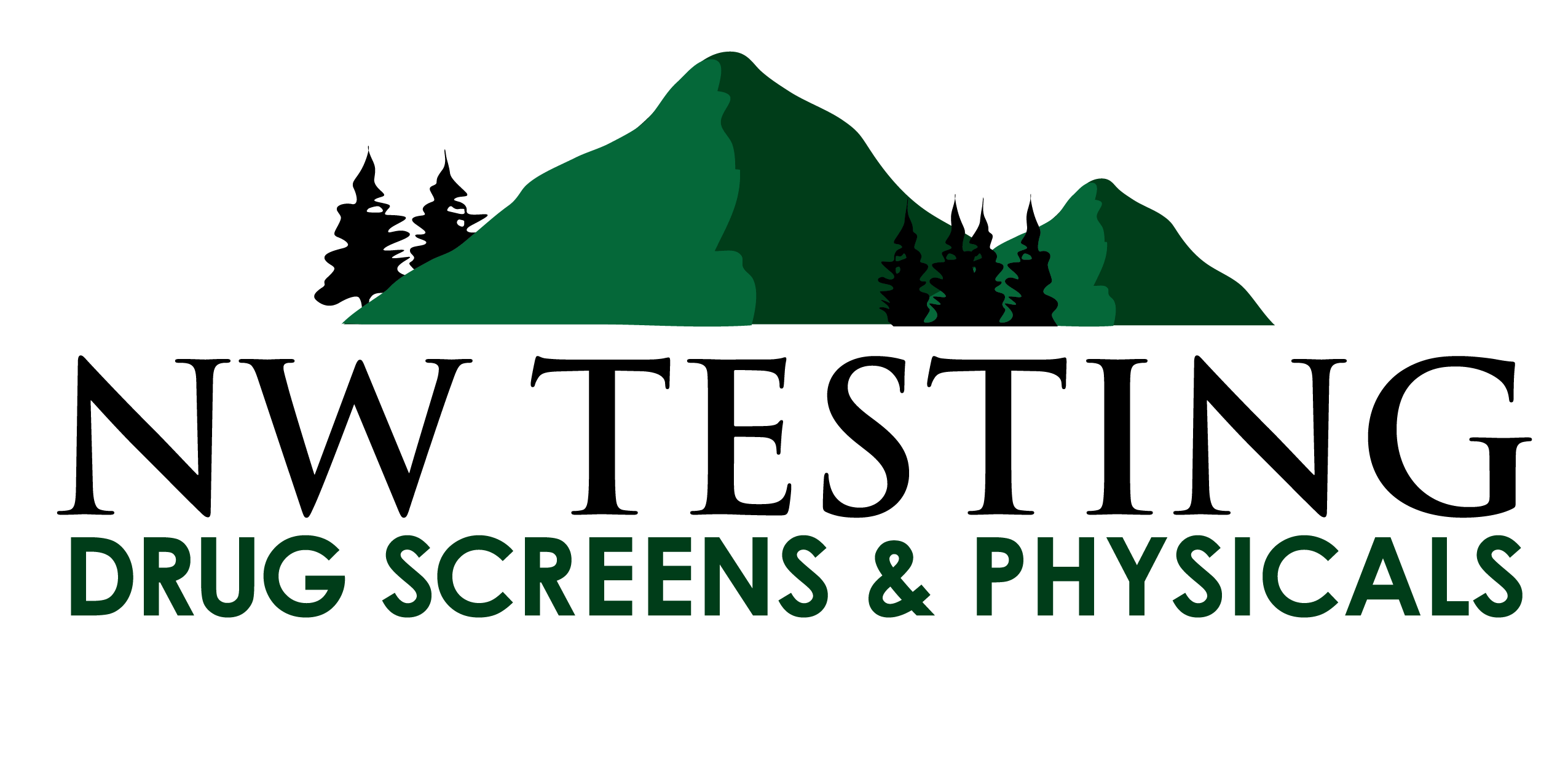Physical exams are crucial in maintaining one's overall health and wellness. At NW Testing, we understand that physical exams can be intimidating or uncomfortable for some; however, our knowledgeable and friendly staff is here to make the experience as comfortable as possible.
Join us as we explore the various types of physical exams, what to anticipate during a routine physical exam, and how our services can benefit you by ensuring optimal health and fulfilling workplace and insurance prerequisites.
Whether you require a physical for personal reasons, work, or even an insurance coverage evaluation, we are dedicated to providing the necessary assistance. Let’s explore the significance of physical exams.

- DOT Physicals (Medical Cards)
- Workplace Physicals
- Audiometric Evaluations
- Ishihara Color-Blindness Screens
Meet Melissa Cosgrove, RN MSN NRCME FNP-C

Melissa is a Board-Certified Family Nurse Practitioner specializing in Pre-Employment and DOT physicals. She is also certified as a Nationally Registered Certified Medical Examiner (NRCME) with FMCSA to ensure that your physical exam will be completed in accordance with DOT requirements.
NRCME #77399964249
What is a Physical Examination?
A physical examination is a check-up conducted by a medical professional to assess an individual’s health. It involves evaluating general indicators of wellness and can also involve more specialized examinations depending on the patient's needs. During a physical exam, the doctor will take a medical history, perform tests, and make observations that allow them to diagnose any existing conditions or uncover potential future issues. A physical exam aims to detect any problems early on to prevent them from worsening over time.
Types of Physical Exams
Physical exams come in many forms and can be tailored to your needs. General physicals are typically recommended annually but may also be necessary for specific jobs or activities. Other physical exams include sports physicals, pre-employment physicals, school entry physicals, Camp/Summer Program physicals, DOT (Department of Transportation) physicals, workplace physicals, and more. Each type of exam will have its own set of requirements that must be met in order to pass.

What Does a Standard Physical Consist of?
During your physical exam with NW Testing, your healthcare provider will take a comprehensive approach to assess your overall health. They'll start by measuring your height and weight and checking your vital signs, such as your temperature, blood pressure, and pulse rate. Then, they'll review your medical and family history to ensure they have all the information they need before proceeding with the examination.
Next, your healthcare provider will perform a general check-up of your body, looking for any changes in the appearance or texture of your skin and signs of infection. Depending on their specialty or discretion, they may also use additional tests like lab tests, X-rays, or endoscopic procedures to examine specific areas of your body in more detail.
It's essential to be open and honest with your provider during the exam, sharing any symptoms, questions, or concerns you may have. If you're undergoing a physical for sports, pre-employment purposes, or insurance purposes, inform your provider at the beginning of the exam so they can complete any necessary paperwork accordingly. At NW Testing, we're committed to providing friendly, comprehensive physical exams that help you stay on top of your health.
What is the purpose of an Annual Physical Exam?
Regular physical exams are crucial for maintaining good health and preventing potential health problems. An annual physical exam can help detect any issues early before they become more serious and harder to treat. In addition to a general check-up, other specific types of physical exams serve a distinct purpose.
For example, workplace physicals are often required for jobs such as coast guard, merchant mariners, and veterans to ensure that employees are physically capable of performing their duties. Insurance physicals may also be required to assess eligibility for certain policies or coverage.
These exams are designed to evaluate the individual's health in the context of their job or insurance needs. By getting regular physical exams, individuals can take control of their health and ensure that they are meeting the requirements of their job or insurance policies.
What to Expect After Your Physical Exam
Upon finishing your exam, the examiner will complete her assessment and complete the required physical paperwork. The provider can certify a driver for the full two-year period or chose a shorter time period if medically necessary. Some health conditions require routine annual monitoring while others may just need a shortened initial monitoring period while other testing is performed. A certification card will be provided to the driver at the conclusion of the visit. If the provider does not have enough information at the time of the exam, and approval isn’t possible, the exam may be suspended while the additional information is gathered.
Our examiner is certified to complete DOT physicals and is on the National Registry of Certified Medical Examiners (NRCME). Schedule your DOT physical by calling us at 360-597-4543.
Don't Put it Off Any Longer: Schedule Your Physical Exam with NW Testing Today
Scheduling a physical exam is vital to maintaining good health and preventing potential health concerns. At NW Testing, we understand the importance of caring for your health and staying on top of potential health concerns. Our reliable and professional physical exams can give you the peace of mind you need and help you address any health issues that may arise. Putting off a physical exam can result in missed opportunities for early detection and prevention, which could lead to serious consequences. Don't wait any longer to take control of your well-being. Schedule an appointment with NW Testing today and prioritize your health.
FAQs
How often do you need a physical?
The frequency of physical exams depends on your age, gender, and overall health status. For most healthy adults, an annual physical exam is recommended to monitor and maintain their health.
How do you prepare for a physical?
Preparing for a physical exam involves a few simple steps. You should avoid eating or drinking anything except water for at least 8 hours before the exam and wear comfortable clothing. Make sure to bring a list of any medications or supplements you are currently taking and any medical records or test results you have.
What should I bring to my Physical?
You should bring your insurance card, identification, any medications or supplements you are currently taking, and a list of any questions or concerns you may have for your healthcare provider. It is also helpful to bring any relevant medical records or test results.
How long do Physicals Take?
The length of a physical exam varies depending on the individual and the type of physical being performed. Generally, physical exams take around 30-60 minutes to complete.
What to Expect after a Physical Exam?
After a physical exam, your healthcare provider will review your results with you and discuss any next steps or recommendations for further testing or treatment. Depending on your exam results, you may also be given advice on lifestyle changes or preventative measures to maintain your health.
Who performs a Physical Exam?
A physical exam is typically performed by a healthcare provider such as a doctor, nurse practitioner, or physician assistant. These professionals are trained to assess your overall health and identify any potential health concerns.
Audiometric Screens
If your company has implemented an occupational hearing conservation program (HCP) to help preserve and protect the hearing of their employees, NW Testing Drug Screens & Physicals provides audiometric hearing evaluations. Audiometric evaluations can help to detect hearing loss due to on-the-job exposure to sounds as well as other sources, that may otherwise go undetected.

The detection and reporting of changes or shifts in hearing enable employers and workers to take steps to remediate exposure and to prevent permanent noise-induced hearing loss (NIHL). Prevention of NIHL has been shown to reduce the risk of workers compensation liabilities as well as to contain the costs associated with these types of claims.













